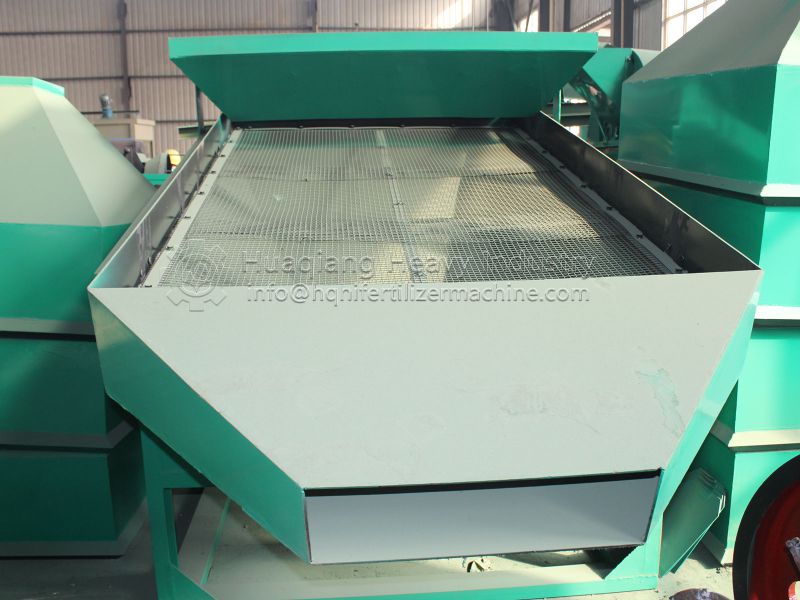Fertilizer screener machines: A key step for high-quality organic fertilizer production
In organic fertilizer production, screening is a critical step to ensure product quality. Fertilizer screener machines precisely separate raw materials and finished products. They remove impurities, control particle size, and directly impact the fertilizer’s uniformity, application effectiveness, and market competitiveness.
1.Why Screening is Key for High-Quality Organic Fertilizer
Remove Impurities: Things like undecomposed coarse fibers, stones, or plastic debris harm fertilizer safety and effectiveness. Screeners efficiently separate these foreign objects.
Grade Particles: Different crops and application methods (like broadcast spreading or machine application) need different particle sizes. Screening ensures uniform particle size, improving usability.
Boost Market Appeal: Finely screened organic fertilizer has a neat, uniform appearance, making it more marketable and increasing its value.
2.Common Organic Fertilizer Screening Equipment and Features
Rotary Screener machine: Good for high-moisture material. Handles large volumes. Allows multi-stage screening.
Vibration Screener machine: High screening precision. Best for fine grading of dry particles.
3.Key Points for Optimizing Screening
Choose the Right Screen Mesh Size: Match the mesh size (usually 2-6mm) to the fertilizer’s use (like base fertilizer or top dressing).
Control Feed Rate: Feed material evenly to avoid blockages and boost efficiency.
Regular Maintenance and Cleaning: Prevents material buildup on screens, which affects grading accuracy.
Precise screening – from raw material cleaning to finished product grading – significantly improves fertilizer efficiency, suitability for machinery, and commercial value.
